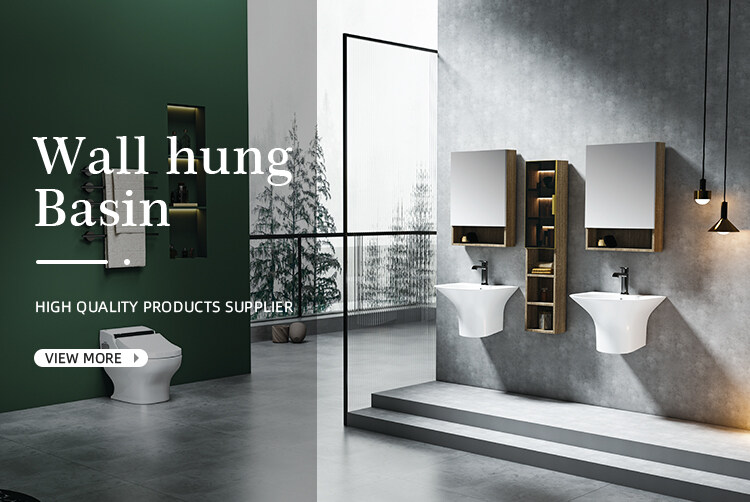Email format error
Email cannot be empty
Email already exists
6-20 characters(letters plus numbers only)
The password is inconsistent
Email format error
Email cannot be empty
Email does not exist
6-20 characters(letters plus numbers only)
The password is inconsistent


Introduction
In the realm of bathroom design, stone bowl sinks stand as silent yet eloquent witnesses to the evolution of both functionality and aesthetics. This exploration takes us on a journey through the annals of history, unveiling the cultural significance, the diverse types of stones employed, their seamless integration with various bathroom styles, their low-maintenance attributes, and the potential health benefits that underscore their enduring appeal.
Historical Use and Evolution
Origin and Evolution
At the genesis of bathroom fixtures, stone basins served utilitarian purposes. The rudimentary designs of these early sinks evolved over time, reflecting advancements in craftsmanship, design sensibilities, and the shifting needs of society. The journey of stone bowl sinks mirrors this evolution, transforming from mere necessities into statements of refined elegance.
Cultural Influences and Traditional Designs
Cultural influences play a pivotal role in shaping the intricate designs of stone bowl sinks. From ancient rituals to contemporary practices, these sinks carry the imprints of cultural symbolism. Traditional designs, often rooted in symbolism and practicality, continue to inspire modern choices, fostering a harmonious blend of historical heritage and contemporary aesthetics.
Types of Stone for Bathroom Sinks
Introduction to Various Stone Types
The palette of stones used in crafting these sinks is as diverse as the cultures that influenced their designs. Marble exudes opulence, each vein telling a unique story. The durability of granite ensures longevity, while travertine brings a warm, textured touch. Onyx, with its translucent allure, adds an element of mystique. Understanding these materials elevates the creation of personalized bathroom sanctuaries.
Characteristics and Advantages of Each Stone
Marble, with its timeless allure, not only boasts aesthetic appeal but also adds a touch of luxury to bathroom spaces. The durability of granite ensures resilience against daily wear and tear. Travertine's porous texture creates a distinctive, natural look, while onyx's translucency allows for captivating plays of light. Each stone, with its own unique set of characteristics, offers homeowners a diverse range of options tailored to their preferences.
Options for Different Bathroom Styles
The selection of a stone-bowl sink involves a thoughtful consideration of the prevailing bathroom style. For a modern aesthetic, sleek designs with contrasting colors might be the ideal choice. Traditional bathrooms benefit from the classic elegance of marble, while rustic or countryside settings harmonize with the earthy tones of granite. Color coordination becomes the artist's brushstroke in defining the overall ambiance, ensuring a harmonious integration of elements.
Low-Maintenance Stone Sink Options
Options Requiring Minimal Maintenance
The allure of stone bowl sinks extends beyond aesthetics, encompassing practicality. Sinks resistant to stains, scratches, and other common issues offer not only visual appeal but also ease of maintenance. Choosing wisely among the stone types can result in a sink that not only withstands the test of time but also demands minimal upkeep, contributing to a hassle-free and enduring bathroom solution.
Recommendation of Low-Maintenance Stone Types
For those prioritizing ease of maintenance, granite stands out as a resilient choice. Its dense composition makes it less porous, reducing the likelihood of stains and simplifying cleaning routines. Additionally, travertine, when properly sealed, exhibits impressive resistance to wear and tear, making it a sensible option for those seeking both beauty and practicality in their bathroom fixtures.
Health Benefits of Using Stone Sinks
Research on Health Benefits
Beyond their aesthetic allure, stone bowl sinks offer potential health benefits that resonate with the growing trend toward sustainable and health-conscious design choices. Research suggests that certain types of stone possess natural antibacterial properties, contributing to a cleaner and more hygienic bathroom environment.
Exploration of Natural Properties
The inherent properties of stone, such as its ability to inhibit bacterial growth, make stone bowl sinks an attractive choice for health-conscious consumers. The durable nature of these sinks ensures longevity, reducing the need for frequent replacements and minimizing the environmental impact associated with disposable fixtures.
Conclusion
In the rich tapestry of bathroom design, stone bowl sinks emerge as not just functional elements but artistic expressions that transcend time. From their humble origins to the epitome of elegance, these sinks continue to evolve, offering a myriad of options for homeowners and designers alike. Understanding the historical significance, exploring various stone types, and embracing the health benefits allow us to truly appreciate the enduring charm and practicality of stone bowl sinks in modern bathrooms. Embrace the synergy of aesthetics and functionality, and let the timeless elegance of stone bowl sinks transform your bathroom into a sanctuary of refined luxury.